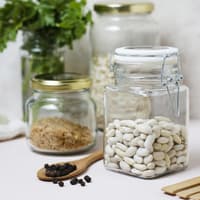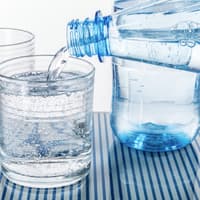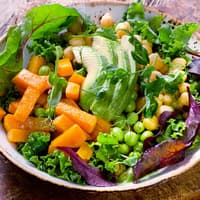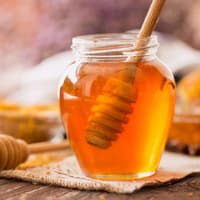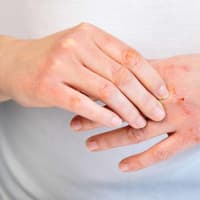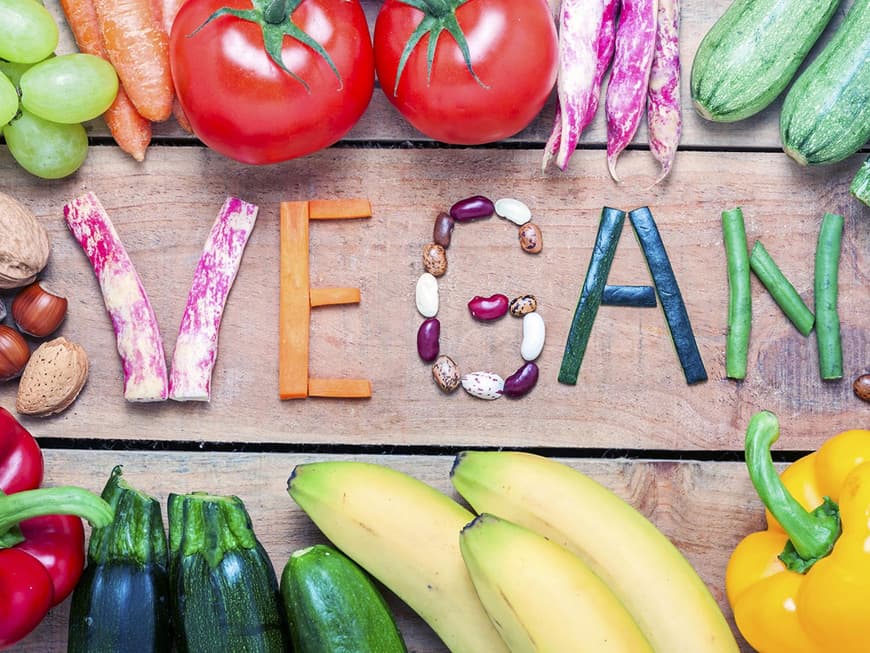
Humans are omnivores - their metabolism requires a balanced mix of foods. People who do not eat meat, fish, eggs or dairy products must therefore eat a particularly balanced diet to prevent deficiencies.
A single vitamin is not found in plants
Plant-based foods contain all the substances the body needs. With one exception: vitamin B12 is found exclusively in animal foods and must be supplied accordingly. The Holo-TC value in the blood shows how much B12 is available to the body. If it is already very low, injections are the method of choice. However, food supplements (see info below) are sufficient to cover the daily requirement. Another weak point of the vegan diet is iron, which is mainly found in red meat. Wheat bran and pulses are an important substitute, combined with vegetables rich in vitamin C, which increase its availability to the body. In addition, the ferritin level in the blood should be checked every six months, which can indicate a deficiency at an early stage.
Algae instead of fish - important nutrients from the sea
Because vegans do not eat fish, they often miss out on the essential omega-3 fatty acids. They can be found in linseed and rapeseed oil, walnuts, linseed and chia seeds. Algae oil capsules also ensure the supply. Without seafood, the iodine requirement should also be covered by other means, e.g. kiwis, seaweed salad or capsules made from kelp (brown algae). While vegetarians are usually well supplied with calcium, vegans who avoid dairy products must rely on other sources such as green vegetables, almonds, hazelnuts and Brazil nuts. It can also be helpful to include calcium-fortified plant drinks in your diet.
Good meal planning prevents deficiencies
Anyone who uses food supplements to compensate for deficiencies should take all nutrients individually throughout the day. This is because combination products are often underdosed and the nutrients interfere with each other's absorption. Completely avoiding animal-based foods therefore requires good planning so that your health does not suffer as a result.
Prevention with vitamin B12
Suck instead of swallow
Vitamin B12 is absorbed through the oral mucosa at least as well as through the intestine. Many manufacturers offer lozenges or strips that dissolve under the tongue. Alternatively, there are chewable tablets, drops and mouth sprays. The DGE recently recommended 4 micrograms per day for adults. To improve utilization even further, it makes sense to take an additional B complex, as the vitamins support each other.
Brushing your teeth with added benefits
A convenient way to provide yourself with a small amount of nutrients is to brush your teeth with a vegan preparation containing B12, for example "Dental med tooth gel with vitamin B12" (Sante Naturkosmetik, 75 ml, approx. 5.95 euros) or "Organic toothpaste vitamin B12" (Orbimed, 100 ml, approx. 7.99 euros).
You might also be interested in this:
Lose weight vegan: Lose excess pounds without starving yourself
Living vegan: A far-reaching decision
Vegan at work: How to make a plant-based diet work at work
Green cosmetics: vegan is the trend
Almond milk: a healthy milk alternative - not just for vegans
Vegan baking & cooking: These plant-based alternatives are available
Vegan recipes
Our vitamin requirements - how high are they really?
Nutrient deficiency: How to recognize what you're missing
Omega-3 fatty acids: how they work and what they are important for
Saturated and unsaturated fats: what is really healthy?
We women need iron: The right diet for iron deficiency

